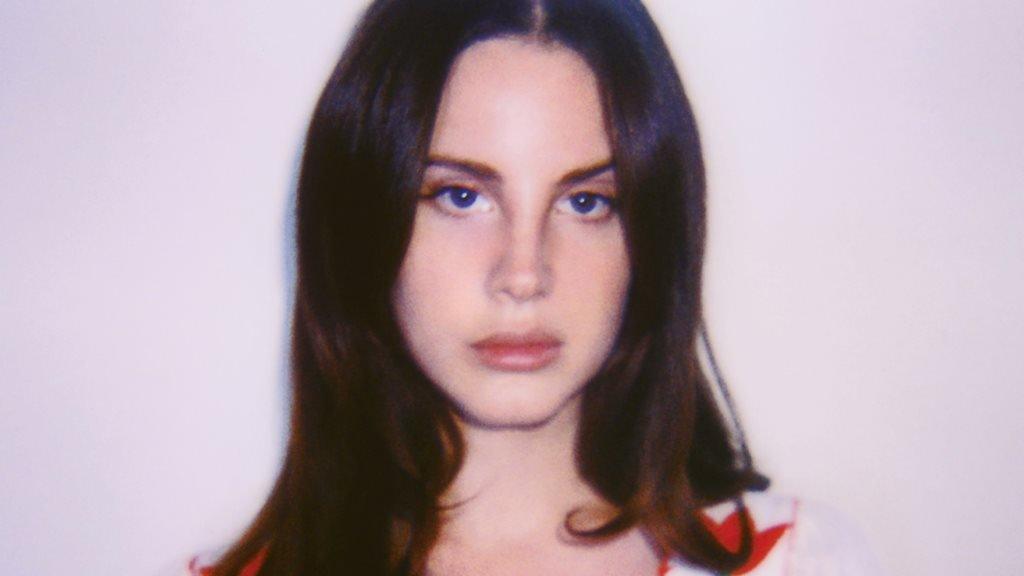Lana Del Rey responds to accusations of racism
- Published
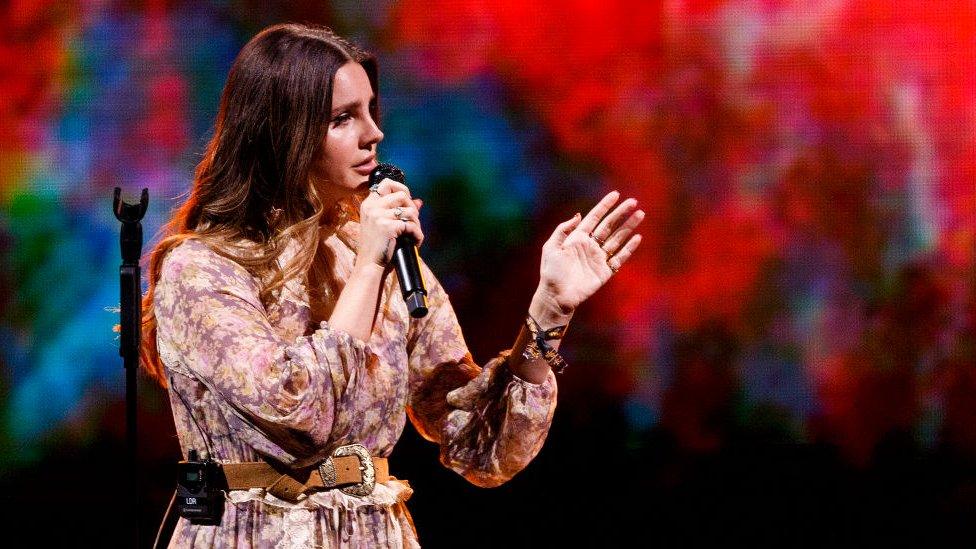
The star was accused of dragging other female artists into an argument with her critics
Lana Del Rey has defended herself against accusations of racism, arising from a statement she made about double standards in the music industry.
In a long Instagram post this week, the singer claimed she had been branded as anti-feminist, despite singing about similar themes as other female artists.
But some fans said the examples she chose - including Nicki Minaj and Beyoncé - were mainly black women.
Responding on Instagram, Del Rey said: "Don't ever ever ever call me racist."
She added: "The singers I mentioned are my favourite singers so if you want to try and make a bone to pick out of that, like you always do be my guest.
"It doesn't change the fact that I haven't had the same opportunity to express what I wanted to express without being completely decimated.
"If you want to say that that has something to do with race that's your opinion but that's not what I was saying."
In her original post, Del Rey claimed she had been branded an anti-feminist pariah while "Doja Cat, Ariana, Camila, Cardi B, Kehlani and Nicki Minaj and Beyoncé" had all sung about "being sexy, wearing no clothes... cheating, etc" without facing similar criticism.
Many people suggested the comments were tone deaf, with many wondering why the star had mostly cited women of colour.
'Unnecessary'
"Think Lana's post would have been fine if she hadn't compared herself to a group of mostly black women with the clear tone that she thinks she's been treated worse by the media when that's observably untrue," wrote Shon Faye on Twitter, external.
"Lana blatantly ignoring the criticism Beyoncé, Nicki, and other black women have received (and continue to) for being confident in their sexuality doesn't sit right with me," added another user, simply calling themselves C, external.
"Commercial success hasn't made them exempt from misogynistic attacks masked as constructive criticism."
"Even if she made a point, the inclusion of other women was so unnecessary and the fact the women were mostly black has left a bad taste," added journalist Toni Tone, external.
"The lines and adjectives also read like she's implying those women aren't as graceful, delicate or feminine as her. It's a messy statement."
The Guardian's Laura Snapes also responded with a column, external in which she said Del Rey's "swipes at her peers of colour undermine her feminist argument".
Yet Del Rey was unrepentant and suggested her comments were being wilfully misinterpreted.
"This is sad to make it about a WOC [women of colour] issue when I'm talking about my favourite singers," she wrote.
"I could've literally said anyone but I picked my favourite people. And this is the problem with society today, not everything is about whatever you want it to be.
"It's exactly the point of my post - there are certain women that culture doesn't want to have a voice.
"It may not have to do with race. I don't know what it has to do with. I don't care anymore but don't ever, ever, ever, ever bro - call me racist because that is bull."

Follow us on Facebook, external, or on Twitter @BBCNewsEnts, external. If you have a story suggestion email entertainment.news@bbc.co.uk, external
- Published21 May 2020
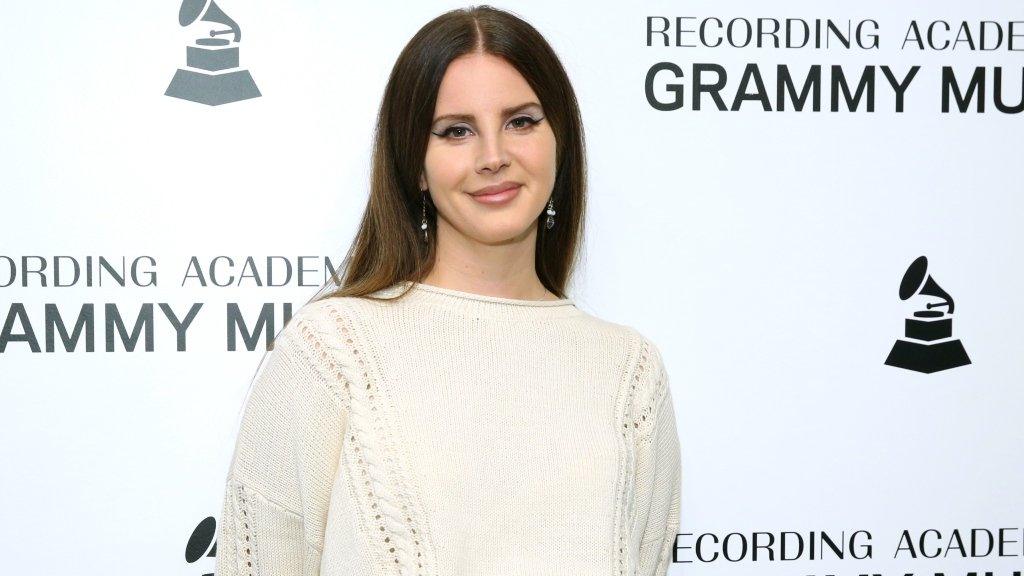
- Published20 February 2020
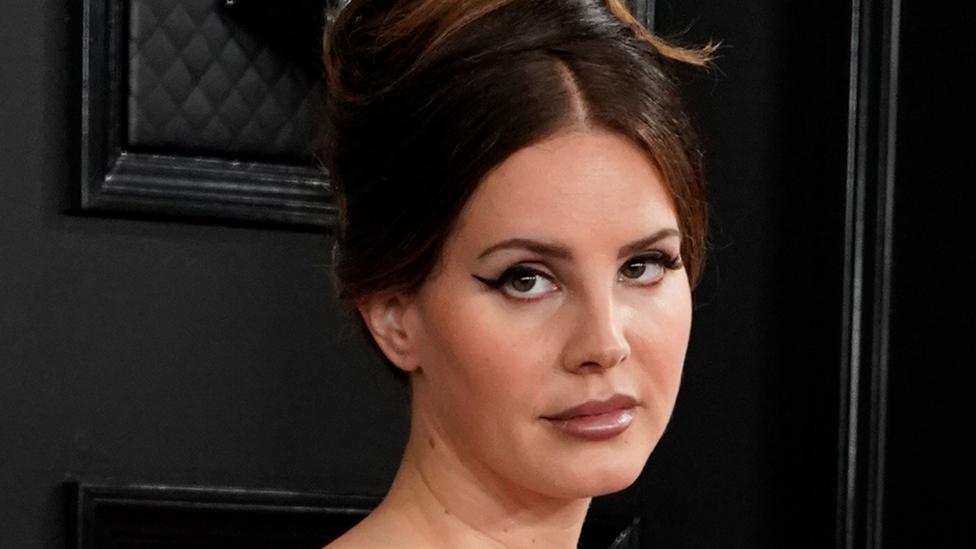
- Published21 December 2019
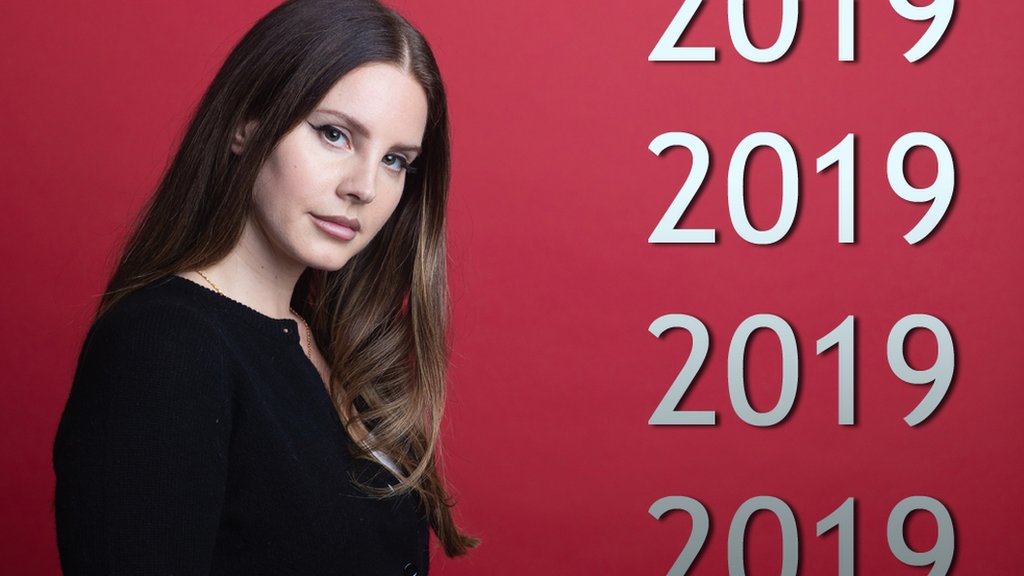
- Published17 October 2019
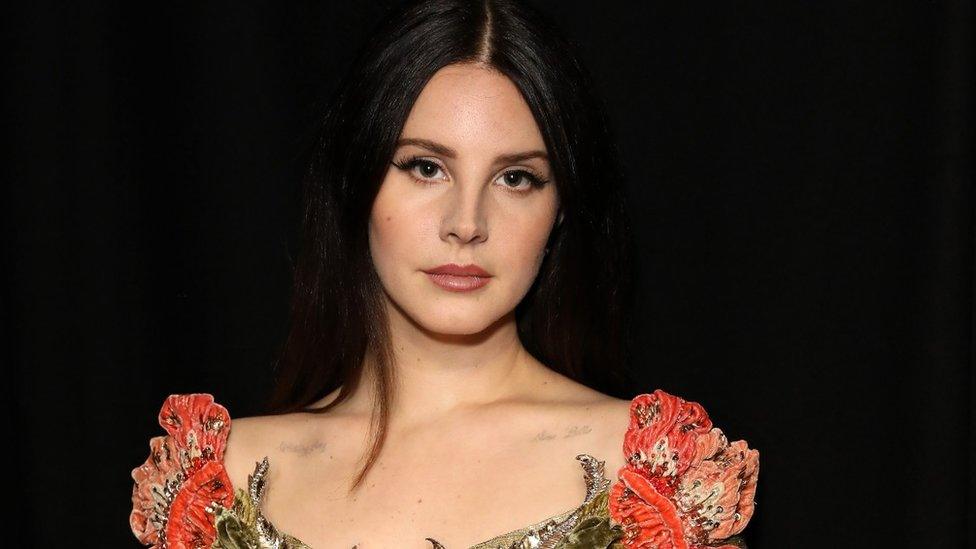
- Published26 July 2017
